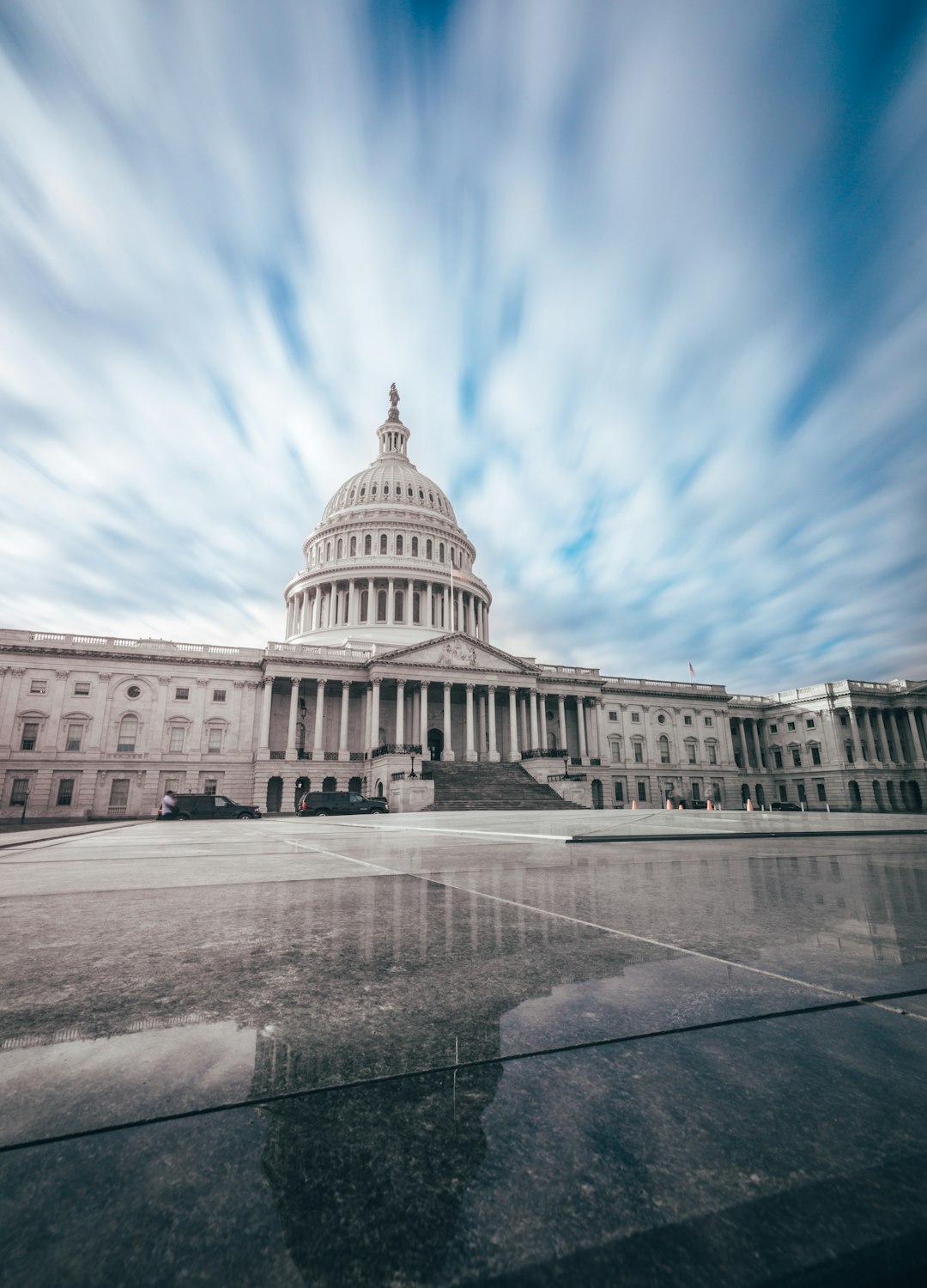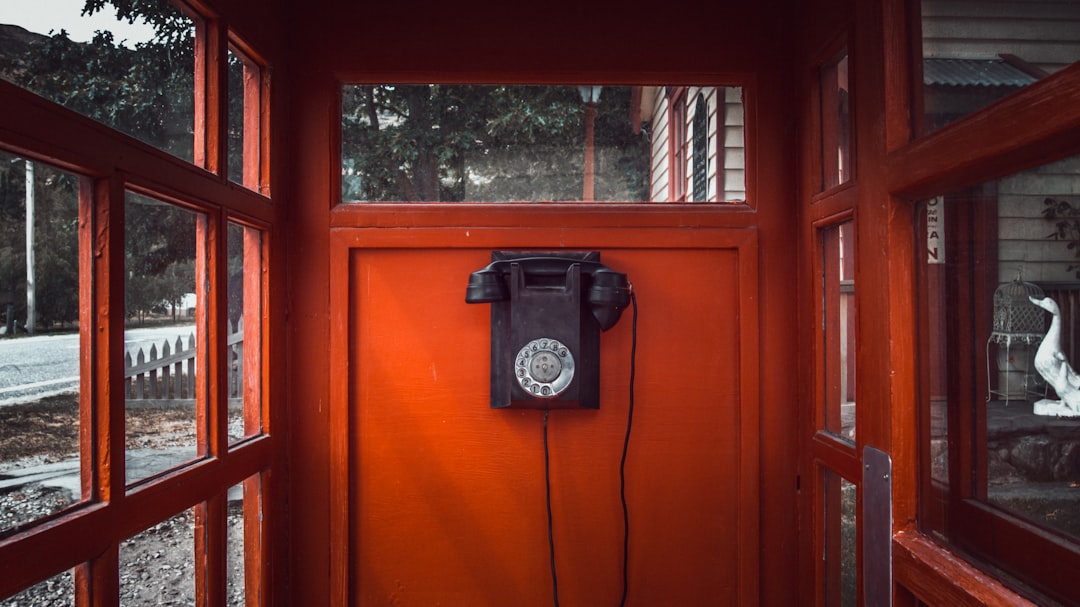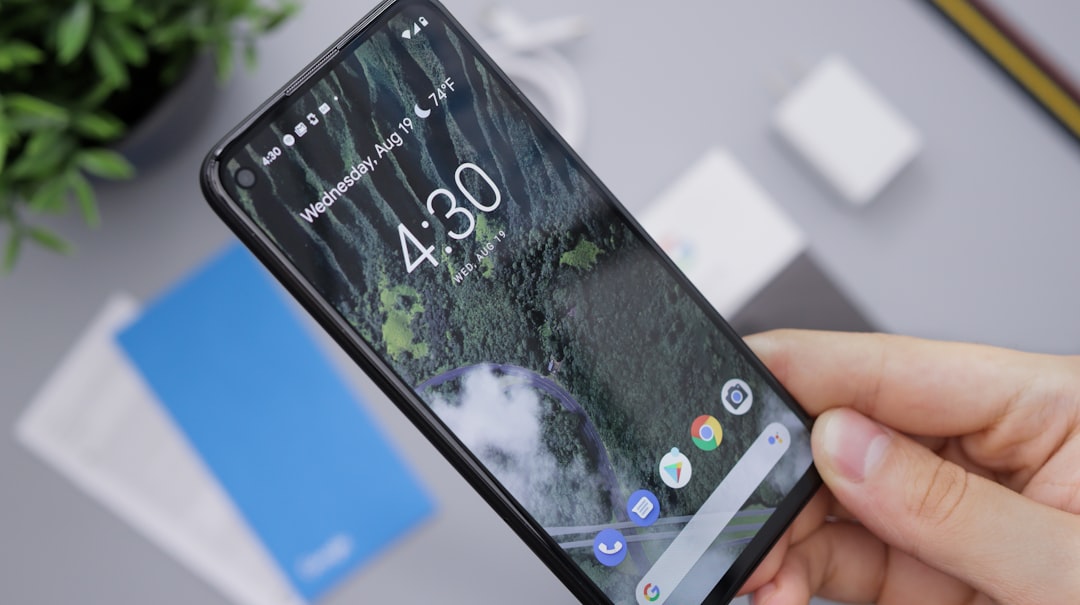Unwanted call lawyers in Washington State employ phishing scams, posing as government agencies or firms. They use high-pressure sales and false promises to trick individuals into revealing sensitive information or granting access. Protect yourself by verifying caller identities through official channels before sharing any data or agreeing to demands. Be alert for urgent calls, vague language, and money requests without details. Never disclose private details like passwords or social security numbers via phone. Hang up on suspicious calls, report them, and use call-blocking apps or the National Do Not Call Registry to prevent future unwanted calls.
Stay alert! While phishing scams have traditionally targeted emails, phone-based attacks are on the rise. In this article, we guide you through recognizing and avoiding phishing attempts over the phone, focusing on unwanted calls from alleged uninviting call lawyers in Washington. We’ll break down common red flags, teach you how to spot impostors, and share vital strategies for protecting your personal information and preventing future scams.
Understanding Phishing Scams Over the Phone
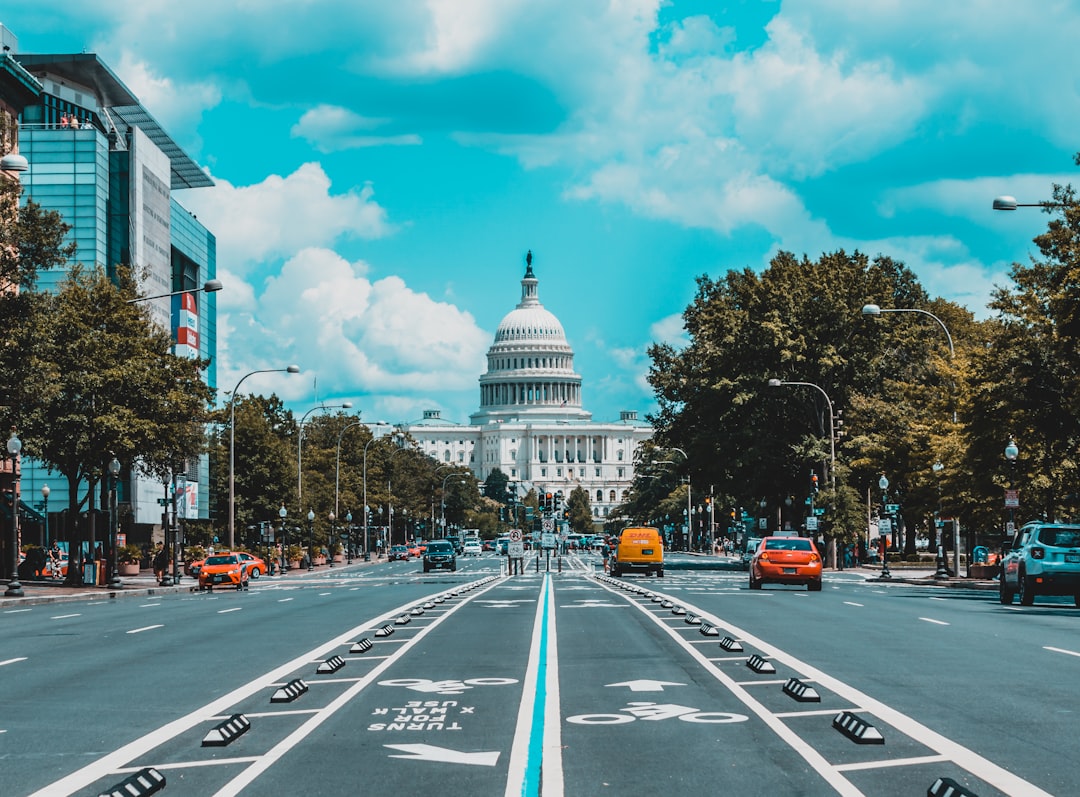
Phishing scams over the phone have become an increasingly common tactic for scammers, often targeting individuals with unwanted calls from fake “lawyers” or legal firms in Washington State. These fraudulent calls can be sophisticated and designed to steal personal information or even extort money from victims. Recognizing these attempts is crucial to protecting yourself and your financial well-being.
Unwanted call lawyers in Washington may use high-pressure sales tactics, claiming to represent a government agency or reputable law firm. They might request urgent action, demanding immediate payment or threatening legal consequences. Scammers often target people with common scams, such as promising to help with tax issues, inheritance claims, or debt relief. Staying alert and verifying the caller’s identity through official channels is essential before sharing any sensitive information or agreeing to their demands.
Common Red Flags in Unwanted Legal Calls

Unwanted calls from law firms or self-proclaimed legal experts can be a red flag for phishing attempts. In today’s digital age, where many legitimate businesses operate online, scammers have shifted their tactics to include phone-based fraud. These unwanted legal calls often aim to trick individuals into revealing sensitive information like personal data, financial details, or even granting them remote access to your devices under the guise of a legal matter.
Some common red flags include demands for immediate action, threats of severe consequences, and a sense of urgency. Scammers may claim that you’ve been involved in a legal issue, there’s a lawsuit pending against you, or they have some urgent document for your signature. They might also use vague language or ask for money upfront without providing clear details about the supposed legal matter. If an unexpected call from a law firm makes you feel pressured or suspicious, it’s crucial to verify their identity and consult official sources before sharing any personal information.
How to Spot Impostor Lawyers or Financial Institutions

Phishing attempts often take on more sophisticated forms, including impersonation by professional-sounding voices claiming to be from reputable organizations. In the case of unwanted call lawyers in Washington or financial institutions, here’s how to spot potential impostors. Be wary of calls that initiate with urgent requests or demands for immediate action, such as needing to update your account information to avoid services being suspended. Legitimate businesses typically allow you time to verify their identity and do not pressure you into making hasty decisions.
Additionally, pay close attention to the caller’s language and how they present themselves. Impostor lawyers or financial institutions might use vague titles like “customer service representative” rather than clearly stating their role. They may also struggle to provide specific details about your account or exhibit a lack of knowledge about your financial history, indicating that the call is not from an authentic source. Remember, reputable organizations typically have secure and verified communication channels; if you suspect foul play, hang up immediately and contact the official number listed on their verified website or documentation.
Protecting Personal Information During Uninvited Calls

When facing an unwanted call, it’s crucial to remember that your personal information is sensitive and valuable. Phishing attempts over the phone can be sophisticated, so staying alert is essential. If you receive a suspicious call, never provide any private details like passwords, social security numbers, or bank account information—no matter how convincing the caller sounds. Legitimate organizations will not ask for such sensitive data via phone calls due to security protocols and privacy laws.
In Washington, where unwanted call lawyers are readily available, it’s advisable to verify the authenticity of any incoming call. You can do this by contacting the company or organization directly through a known, official number. This simple step can protect you from potential identity theft and financial loss. Always trust your instincts; if something feels off, take precautions to safeguard your personal information.
Reporting and Preventing Future Phishing Attempts
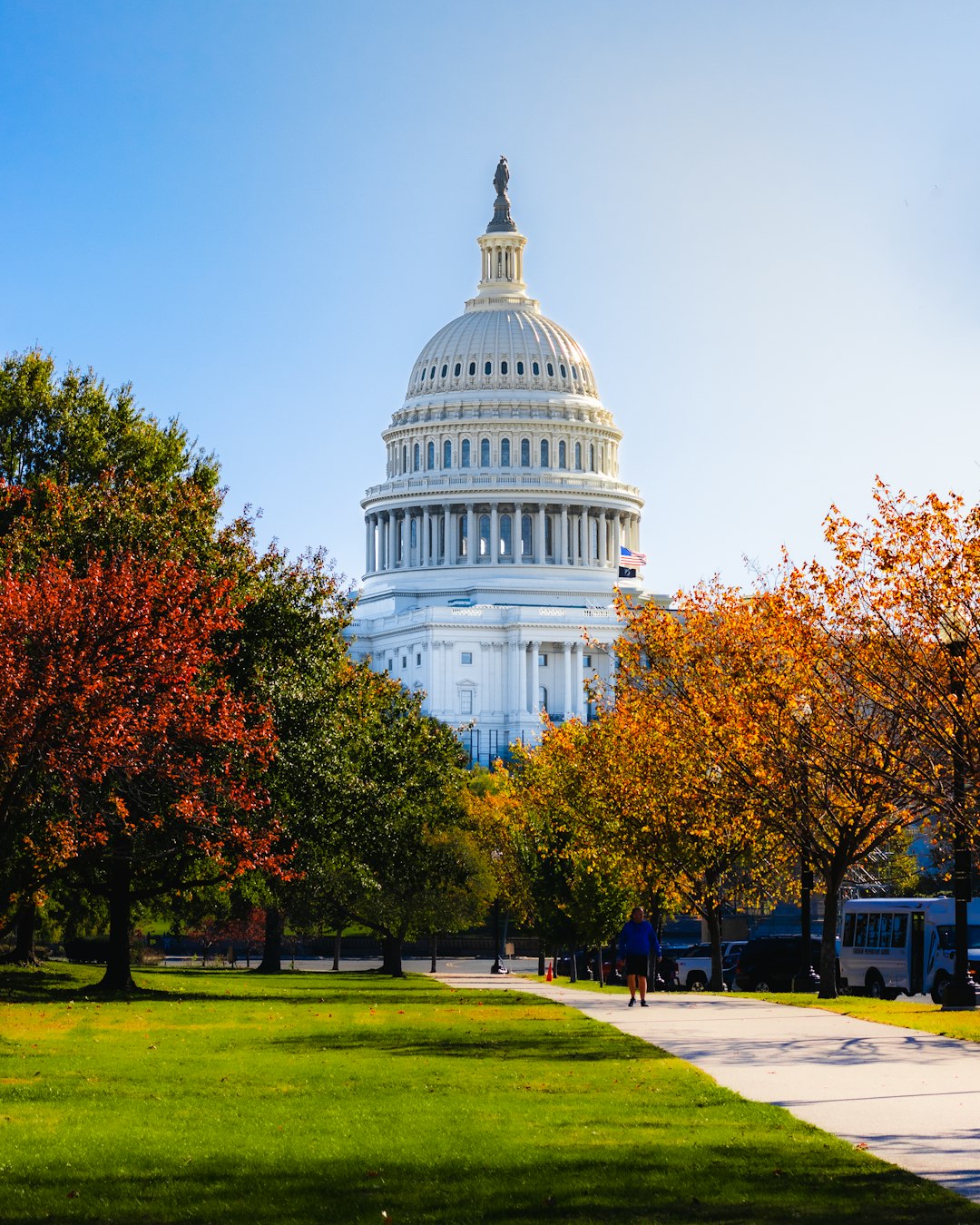
If you receive a suspicious phone call, it’s crucial to act swiftly. The first step is to hang up immediately and then report the incident to your service provider or local law enforcement. Many telephone companies have dedicated teams that track and investigate such activities, helping to prevent future unwanted calls. You can also use tools provided by the Federal Trade Commission (FTC) to file a complaint online, which contributes to a nationwide database of phishing attempts.
Additionally, staying informed is an effective defense mechanism against phone phishing. Educate yourself on common tactics used by scammers and share this knowledge with your peers and family. Consider using call-blocking apps or registering in the National Do Not Call Registry to curb unwanted calls from the get-go. These proactive measures can significantly reduce the likelihood of falling victim to phishing attempts, ensuring a safer digital environment for all Washington residents.


